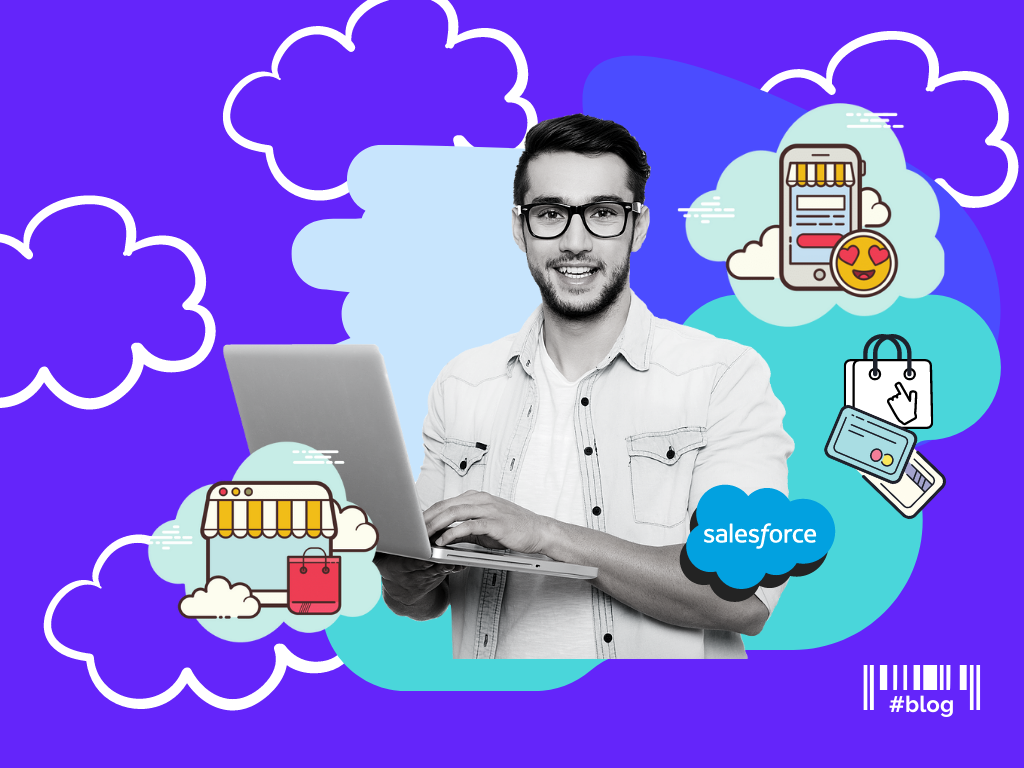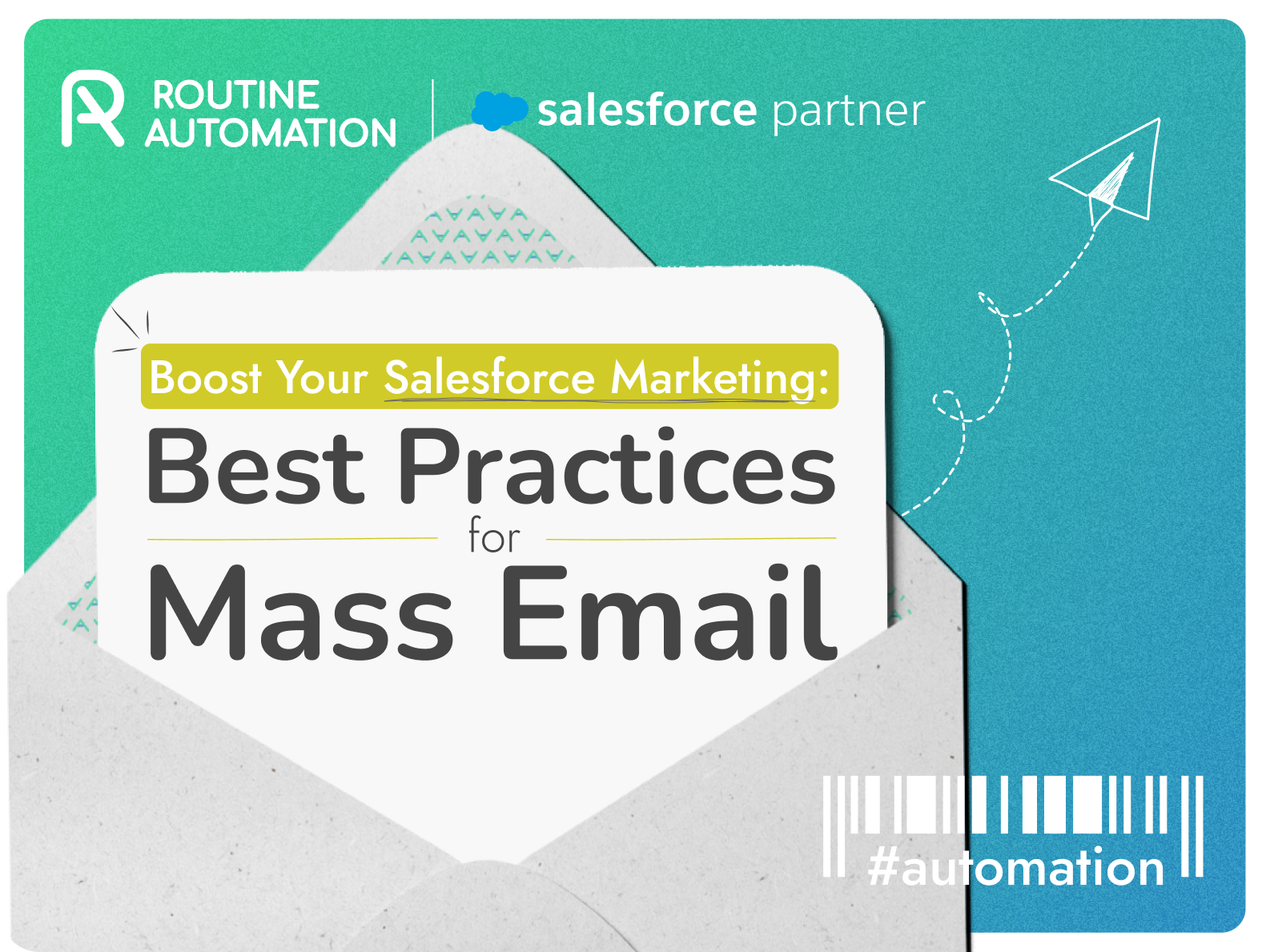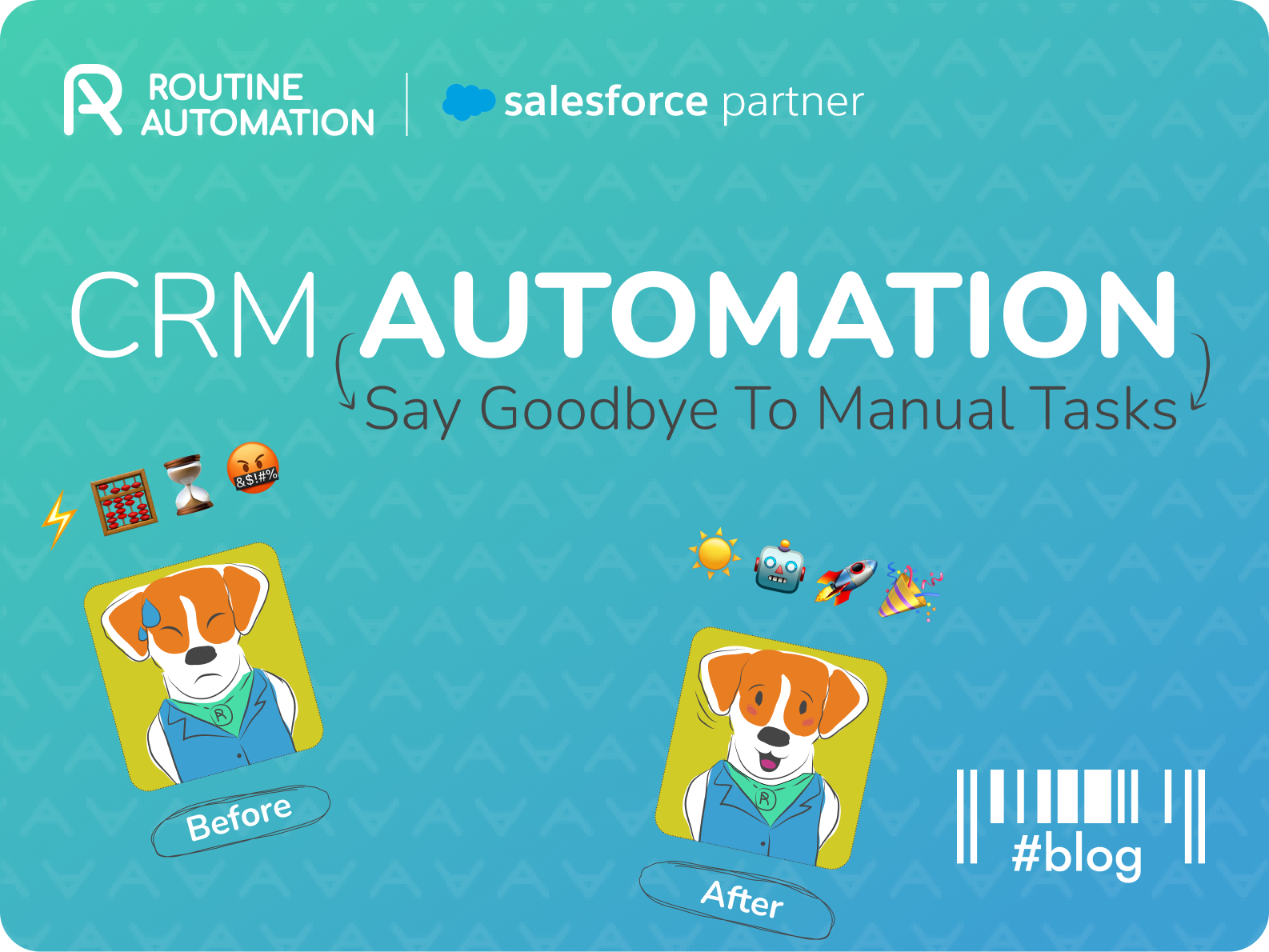Cloud Computing in Retail Industry
5 min
24.02.2021
Updated: 19.06.2024

The world community has admitted our lifestyle will never be the same. Suddenly, the majority of the employees were forced to stay home, companies’ financial losses have been growing, and the impact of the crisis has been severe for a business. With the high costs of e-commerce supply chain management, growing demands from suppliers, and higher investments to match the competition, here are mentioned some new era key points. The more retailers struggle to not even to survive, to adapt in this time, the more they pursue automation with cloud computing.
Cloud computing is changing Retail
Over the past three years, McKinsey Global Institute has conducted a broad-based research initiative on automation across sectors. This research has shown that about half of the activities in retail can be automated using current, at-scale technology. While this number is alarming, the change will be less about job loss and more about the evolution of jobs, the creation of new ones and reskilling.
Blake Morgan, a customer experience futurist, in “5 examples of what post-covid retail will look like” article predicted the increased automation. She believes even stores that provide the most-instore automation services in the closest future may have a competitive advantage.
Global Electronic Cash Register Market 2020-2024 research shows the electronic cash register market is poised to grow by $ 1.76 billion during 2020-2024, which means progressing by an average of 3% over the forecast period. The transition to cloud-based solutions is identified as one of the key reasons for the growth of the electronic cash register market over the next few years.
A McKinsey study recently found more than a third of American consumers have tried new brands since the start of the pandemic, with 80% of them planning to stick with new products even after the crisis has passed. Salesforce knows about it and that’s why a few days ago launched a loyalty management system, a new product that allows B2B and B2C companies to easily add loyalty programs using the Salesforce Customer 360 platform.
“Organizations with high levels of customer loyalty outperform their competitors, so it’s critical that they provide their customers with a valuable and memorable experience to build trust”
David Schmeier, CEO of Salesforce Industries
Harvard Business Review shows us that 73% of consumers are omnichannel shoppers who use multiple channels during the shopping journey. Mobile shopping and mobile payment, voice assistants and chatbots, dynamical apps, AI and machine learning, smart automation, cybersecurity etc. trends were pointed out in “The top 40 e-commerce trends for 2020” research by Growcode.
Some More Retail Cloud Market Size Numbers
In connection with the development of Internet sales channels, cloud services are becoming one of the main tools that help sellers maintain and grow their business, as well as introduce key technologies.
The retail cloud market was valued at USD 32.1 billion in 2019, and it is anticipated to register a CAGR of 16.3% over the forecast 2020-2025 period.

According to a study by Accenture in 2019, 76 % of retail industry executives claim that mobile, social media, analytics, and cloud capabilities are now core components of their enterprise IT strategies.
A Gartner study predicted that by 2022, 90% of organizations would have integrated cloud services in their operations. Cloud computing brings opportunities to the retail industry that not only help increase consumer demand but also keep up with it.
Retail Evolution With Cloud Computing or Why You Should Migrate To The Cloud?
As an answer to this question, we suggested 7 key retail cloud computing benefits for your business:
Effective stored data-driven decision making
A cloud-based platform helps retailers of any size to store huge amounts of data. In addition to storage, cloud computing enables retailers to measure each individual data point, giving a realistic overview of current trends.
Higher visibility for the improvement of supplyprocesses and storage of goods
A cloud provides visibility to the entire enterprise supply chain, and it helps them plan their retail networks without accelerated deliveries, inventory, and high inventory. On the other hand, a cloud also allows you to get detailed information about cargo, digital documents, brokers, carriers, etc. in real-time.
Unified experience as creating a single platform for seamless communication
For example, thanks to the presence of chatbots controlled by artificial intelligence, in order to purchase a certain desired product in a store, a cloud helps to provide a unified customer experience from a store to an online store.
Easy, secure and fast access system wherever your business and employee are
Cloud computing allows companies to securely store confidential information regardless of the company’s and employees’ location. In addition, storing inventory online in the cloud allows employees to access inventory information anywhere and at any time, thereby making appropriate decisions.
Enhanced security to prevent company data leaks
In today’s reality, the volume of data is becoming more and more, and therefore retailers have realized the need to introduce modern solutions to ensure data security. Cloud computing provides secure and seamless data processing and integrates advanced encryption, event logging, firewalls, and more.
Improved customer experience to increase sales and develop a better customer loyalty system
Today’s platforms include a whole world of components and features that not only provide retailers with the right information but also drive the best strategies to achieve the next level of customer service.
Growth of profit and profitability indicators for successful business
Cloud computing can help retailers navigate the challenges associated with competition, using data analysis to help reduce costs. In addition, it also helps retailers save on IT infrastructure, including maintaining the infrastructure they will need without cloud computing.
Summing up with Senior Director of Canalys Alex Smith’s words, we believe the cloud is the way ahead for the retail industry.
“Now, more than ever, retailers need a digital strategy to win in the omnichannel world. Digital technologies are used everywhere-from customer service to cost optimization. Overall technological capabilities are what will determine a retailer’s success”.
And if you are a retail industry professional still in thoughts of cloud migration, probably, you should think about this technology for developing your business, especially in crisis time.






